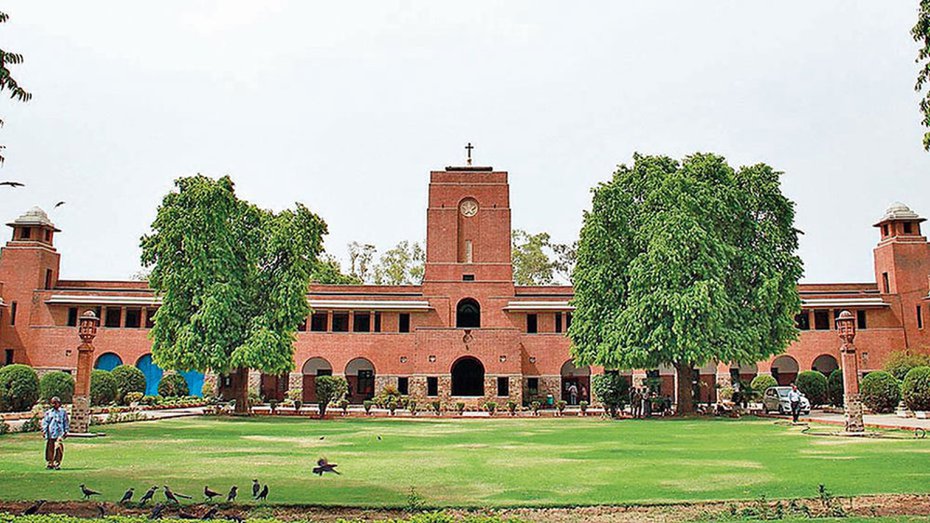A Delhi University proposal to set up nine new centres, de-link them from the institution’s existing governance structure and give them more freedom, including the power to decide their fees, has set up a showdown with its teachers.
The executive council, the university’s top decision-making body, meets on Friday to decide on the proposal, which is expected to face resistance from the teachers’ representatives. The 23-member council is, however, dominated by representatives of the university administration.
The proposal is part of a vision document the university had submitted to the University Grants Commission while applying for Institution of Eminence status in November 2017. Based on the commission’s recommendations, the government has decided to grant the status.
Under the proposal, the nine new centres would have their own governing councils and be free of any rules or syllabuses adopted by the university’s existing statutory bodies such as the executive council and the academic council.
These centres will decide their own policies for recruitment, pay, admissions and exams. The proposal is silent about the reservation policy at these new centres, which will deal with areas such as skill enhancement, entrepreneurship, data analysis, public health policy and the performing arts.
Executive council member Rajesh Jha said the existing departments and 60-odd affiliated colleges were the backbone of the university and had expected the Eminence status to bring in “more freedom and funds” to improve their infrastructure.
“But they will get nothing. This is not acceptable,” he said.
Another council member, J.L. Gupta, said the university’s application for Eminence status and the vision document were never discussed in the executive and academic councils. “The vice-chancellor got a committee of select people to prepare the vision document without discussion with the teachers, alumni or students,” he said.
The Delhi University Teachers’ Association on Sunday termed the proposal a threat to the institution’s identity. A former president of the association, Aditya N. Mishra, feared the new centres would gradually emerge as the face of the university, pushing the existing departments and colleges to the margins.
“Within the university, there will be nine centres with full autonomy, freedom from UGC rules and higher funds. The existing departments and colleges will follow all the UGC rules, get less funds and less freedom. In the long run, the university departments and colleges will perish,” Mishra said.
He suggested the proposal amounted to bifurcating the university.
Rajib Ray, the current president of the teachers’ body, said the association would “strongly oppose the proposal”.
Higher education secretary R. Subrahmanyam said the government had no role in the matter. “The university has prepared its own vision.”
Commission secretary Rajnish Jain too said the regulator had never pushed any proposal to create any new centre. “The UGC doesn’t interfere in university affairs,” he said.
Calls and emails to vice-chancellor Yogesh Tyagi and registrar Tarun Kumar Das remained unanswered.










